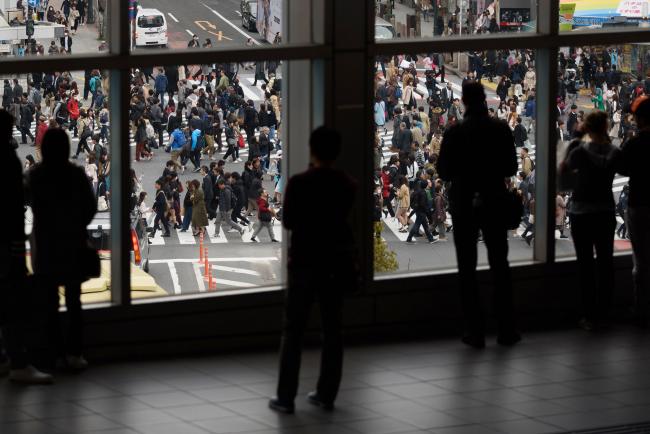(Bloomberg) -- Days after Japan passed a law introducing a foreign guest-worker program to bolster a labor force shrinking due to the aging population, a study showed it would struggle to compete with other developed countries to attract residents from overseas.
The Gallup survey showed that Japan’s 126-million strong population would grow by just 1 percent if there were global freedom of movement, compared with 147 percent for Canada and 46 percent for the U.S. However, Japan would fare much better than South Korea, whose population would shrink by 17 percent, according to the survey.
Japan’s revised immigration law was passed last week and is set to come into force in April, despite criticism that the approval process was too hasty. The country is scrambling for workers to fill vacancies in sectors including elderly care, construction and agriculture.
Following opposition protests, the government issued a forecast of 345,000 foreign workers entering over the first five years of the program -- only about one-quarter of the number it expects would be needed to plug the labor shortfall.
Japan ranked only 29th out of 63 countries in terms of its ability to attract and develop talent, behind Taiwan and Estonia, in a ranking published earlier this year by IMD World Competitiveness Center. Retailing, manufacturing and the service industry account for most of the foreign workers already in the country.
Yet, those who do move to Japan may expect a less hostile reception than in some countries. A Pew Research Center survey found only 13 percent of respondents said there were too many immigrants in Japan, while 58 percent said the current number was about right and 23 percent said there should be more. Thirty-seven percent of U.K. respondents, 41 percent of French and 28 percent of South Koreans said there were too many immigrants.
